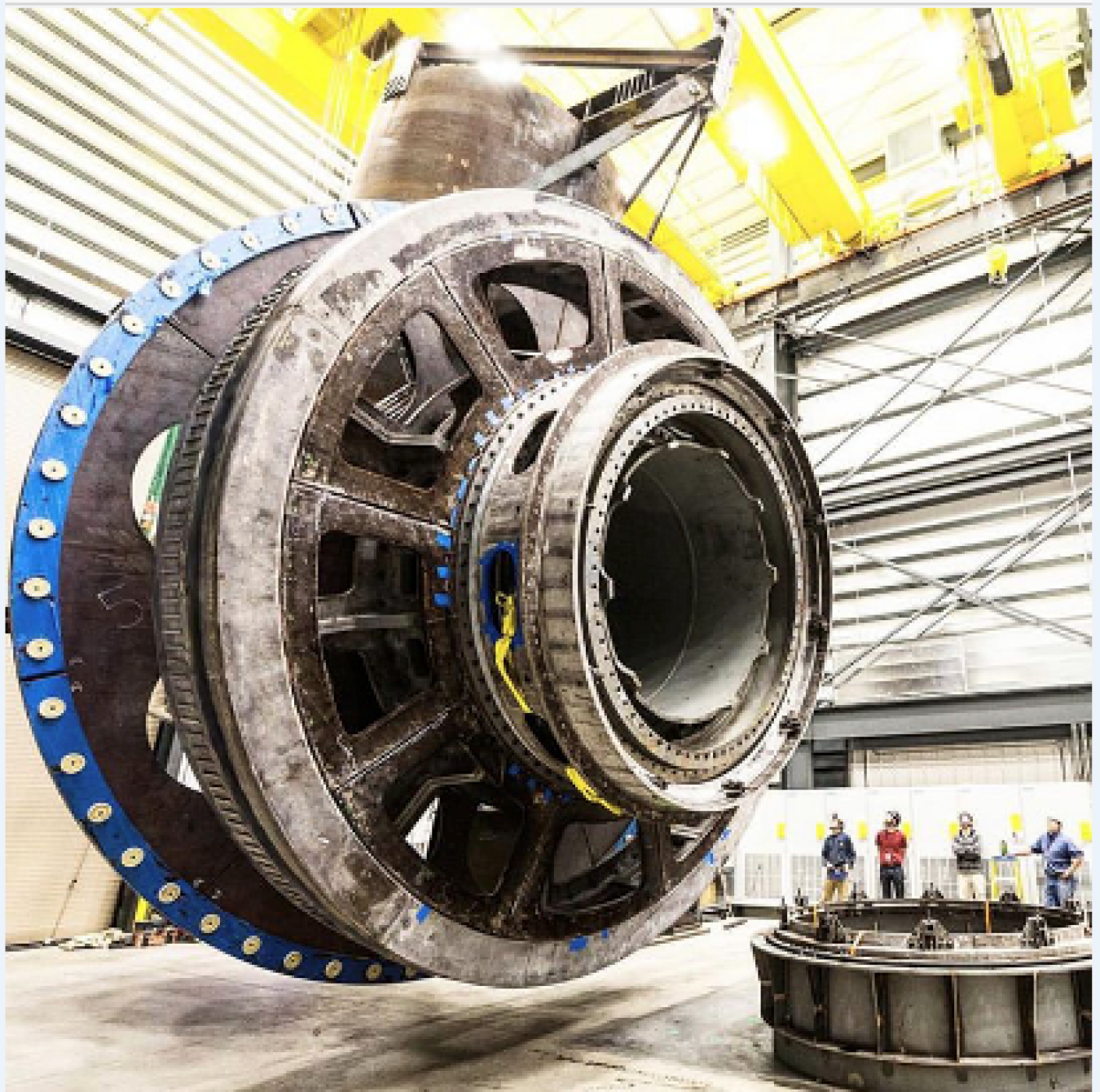
Develop small, modular energy-water systems for urban, rural, tribal, national security, and disaster response settings
BACKGROUND – Small, modular energy and water systems have the potential to cost-effectively serve areas where energy and clean water are expensive and challenging to produce. Small, decentralized energy-water systems can also play an important role in serving the more than one billion people worldwide that currently lack access to reliable sources of electricity and water.
CHALLENGE – The ability to cost-effectively produce clean water for urban settings where population growth is occurring but central energy or water systems are nearing maximum capacity; for rural communities, including tribal regions where population levels cannot accommodate the economies of scale needed to make large systems viable; for military sites in remote areas without access to central electricity and water systems; and in areas impacted by disaster when storms and other events have knocked existing energy and water systems offline.
OBJECTIVE – The Water Security Grand Challenge aims to spur innovation needed to improve the cost-effectiveness of small, modular linked energy-water systems and test their performance for a range of applications.
TIMELINE
- In 2020, DOE intends issue a Request for Information on cost effective solutions for small modular energy water systems for a variety of applications.

